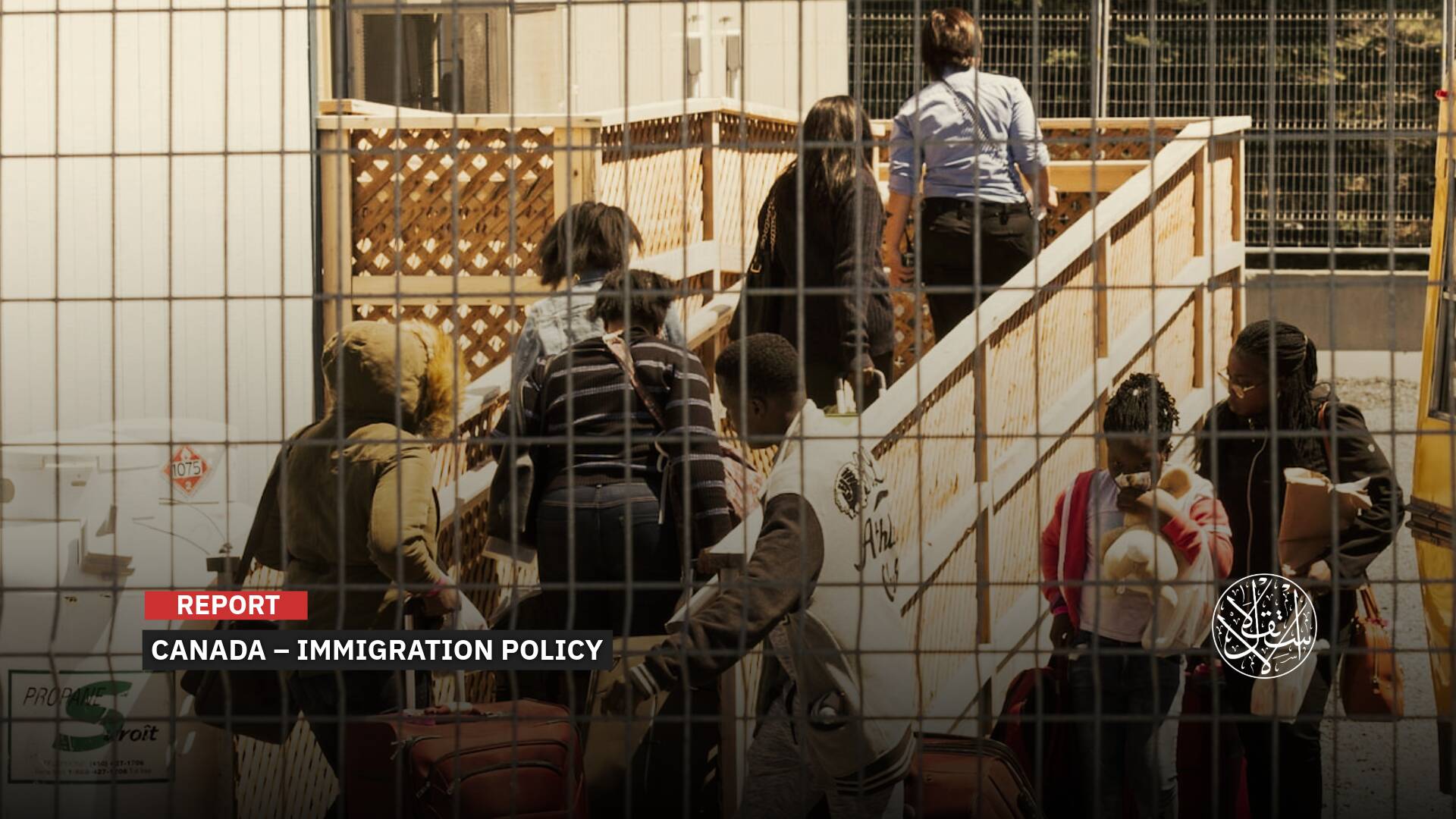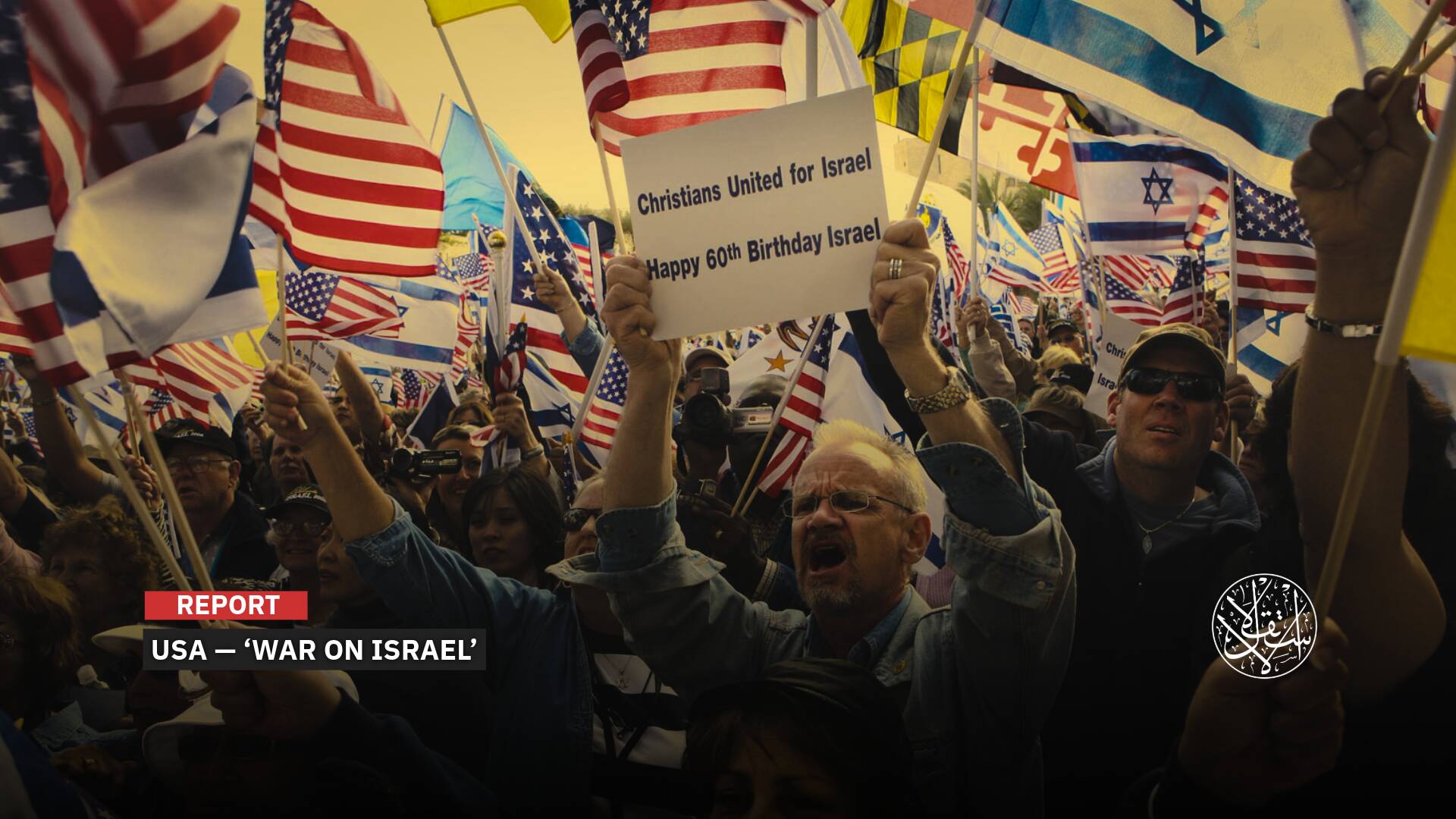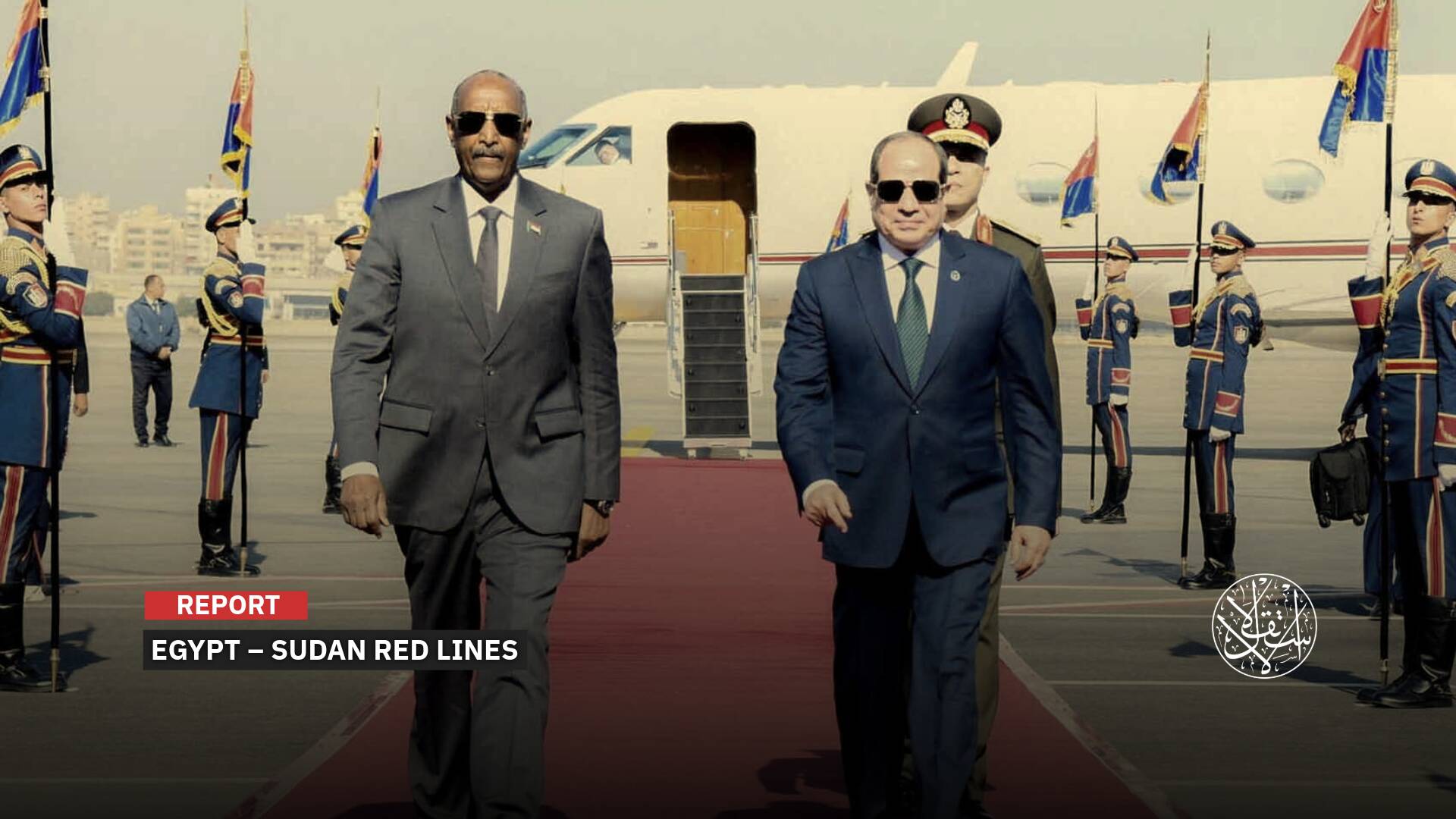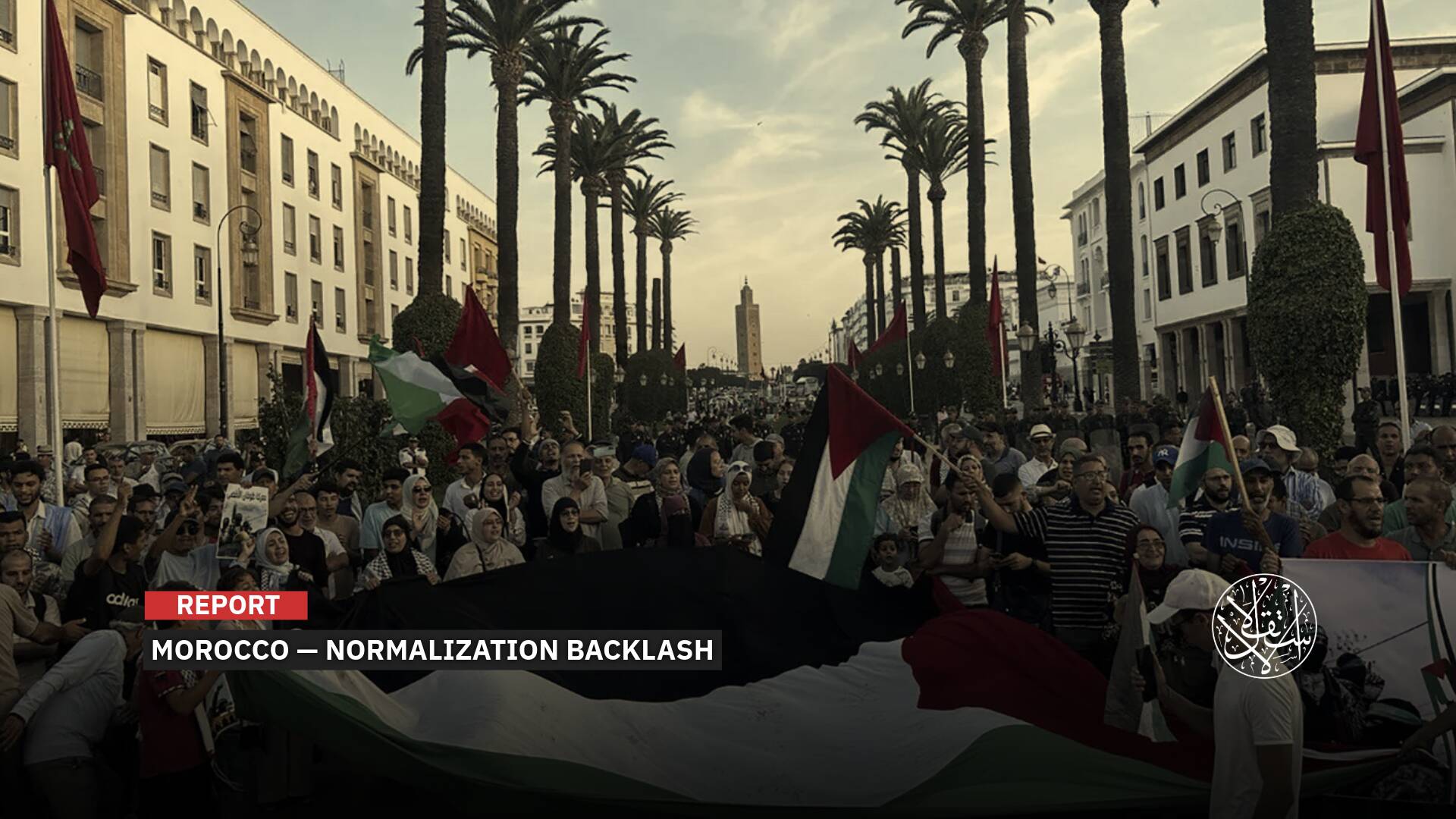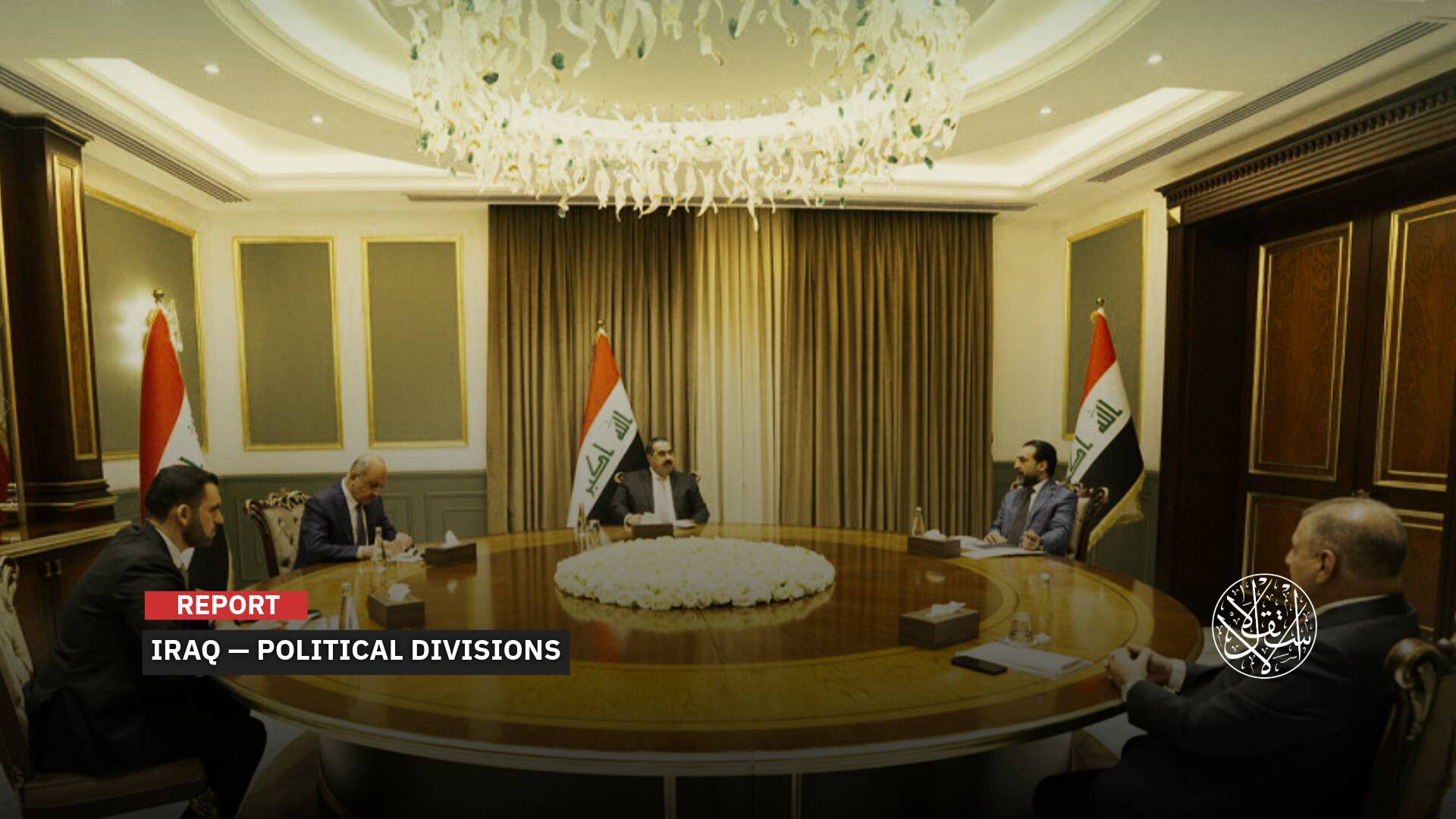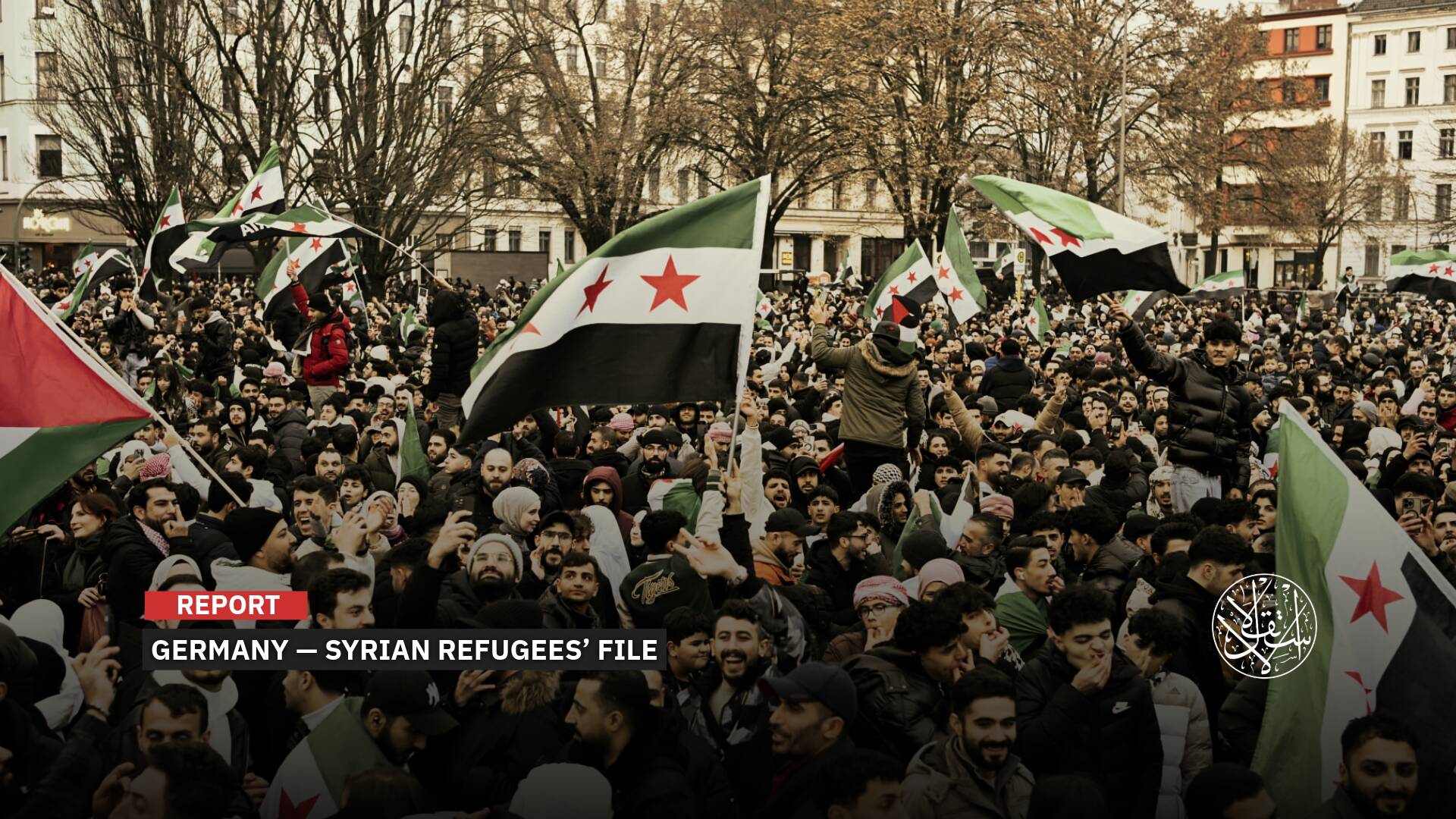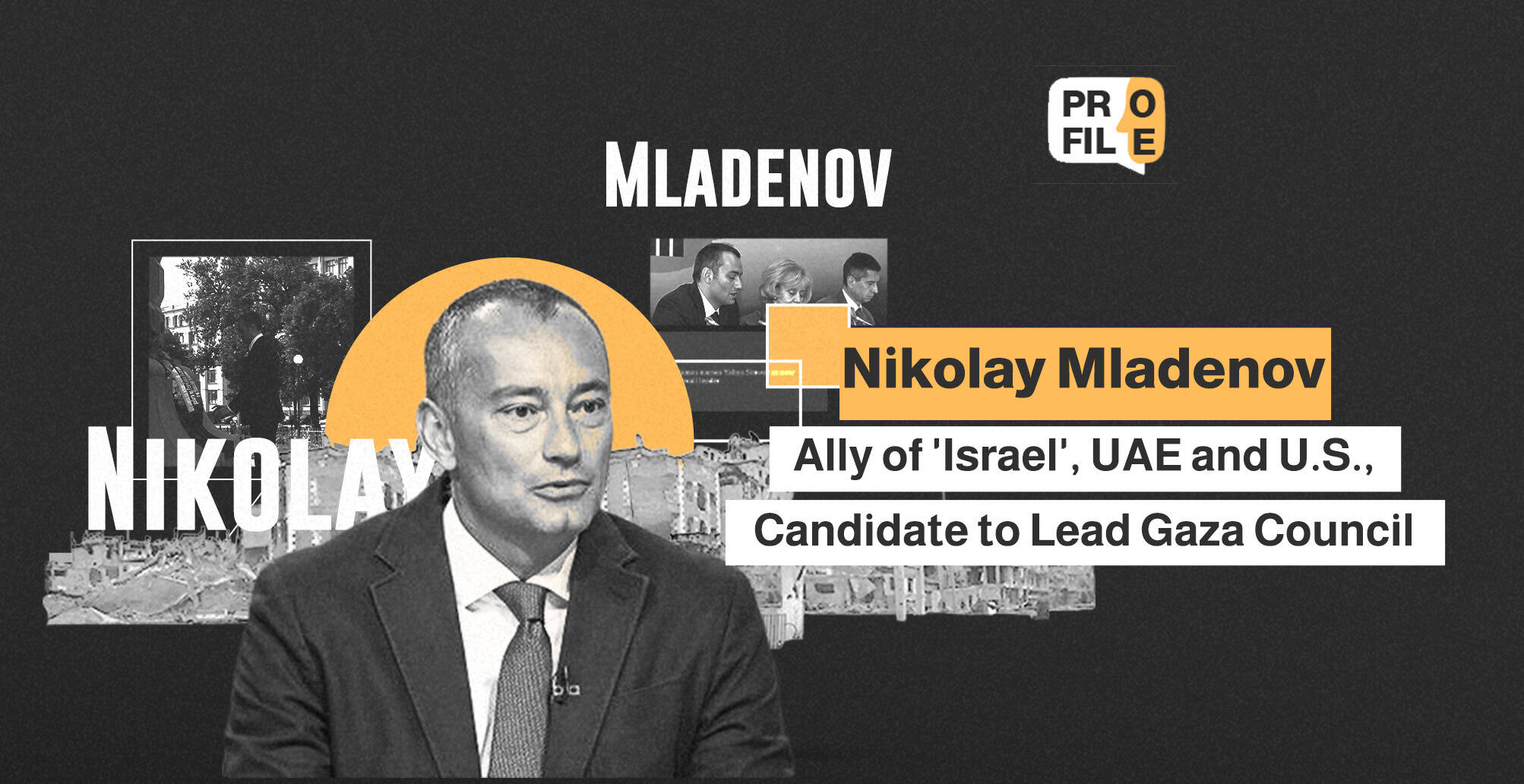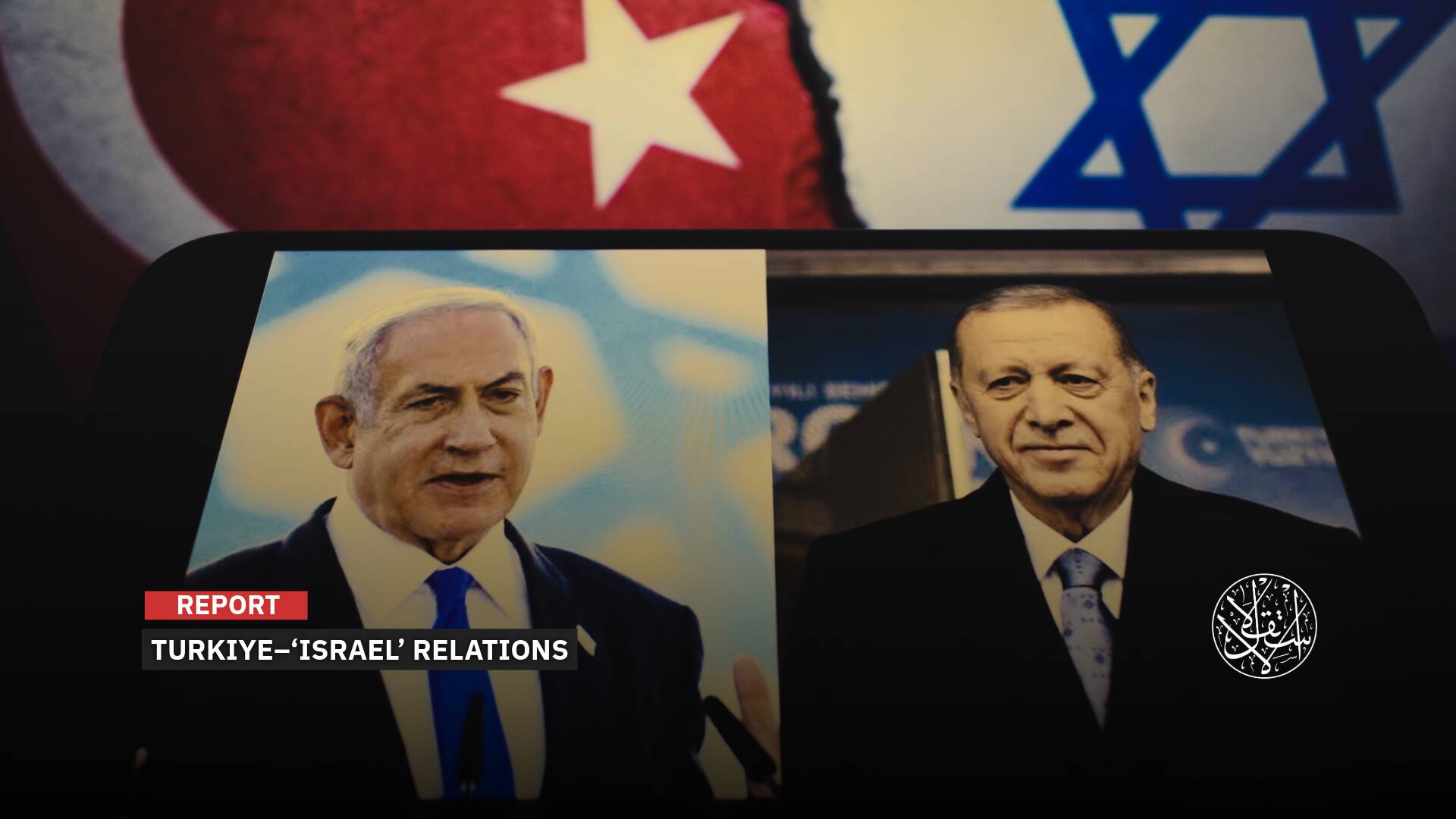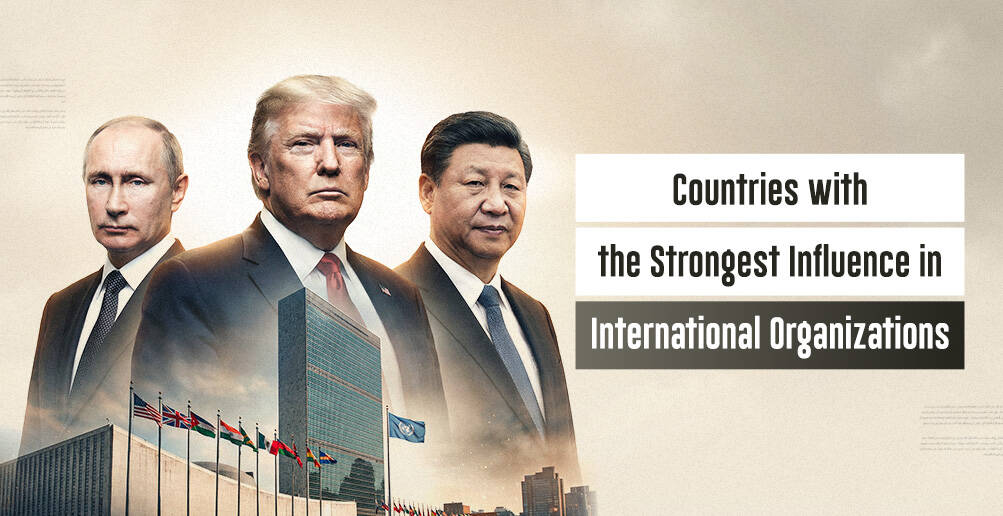Despite the Negligence of the West: The Impact of Iran’s Protests May Be Profound

In light of Iran’s increase in bread prices, the country has entered a new wave of protests that security forces have met with violent repression of live bullets, leading to a number of deaths, raising questions about its implications for the four-decade-old regime.
On May 13, protests erupted in Iran after authorities decided to cut government subsidies on imported wheat, raising prices by up to 300 percent, affecting a variety of basic flour-based foodstuffs.
The official inflation rate in the Islamic Republic has reached about 40 percent, but reports indicate that it is more than 50 percent, and that half of Iran's 82 million people are now below the poverty line.
Possible Repercussions
On the possible repercussions of the protests and the deaths of five people as of May 15, 2022, political researcher Mahmoud al-Hamdi told Al-Estiklal that "the situation in Iran is tight and the current protests are very susceptible to spread to all cities of the country."
"The dire economic conditions, which are increasing rapidly, especially after the reduction of government support for imported wheat, may cause large groups of Iranians to join the protests, which will increase their momentum on the street in the coming days," the researcher said.
"The protests may develop rapidly, especially as security forces confront with live bullets, which may cause uncalculated reactions from demonstrators such as storming government institutions, particularly security ones, and this makes them turn into a massive revolution that is difficult for the regime to control," he said.
"The Iranian regime continues to hold the country with an iron fist because the Revolutionary Guard and Basij forces [a paramilitary consisting of volunteer civilians] roam the streets with weapons in civilian clothes, and are free to arrest and even shoot protesters under several pretexts," he said.
"The regime is stubborn and will not give up easily or allow the situation to get out of hand, and perhaps if repression does not work with protesters, it may issue decisions to restore support for the goods covered," he said.
"If more is needed (support for imported goods), Iranian leader Ali Khamenei may sacrifice President Ibrahim Raisi and his government, and demand new elections and personal support from the reformist camp," the researcher continued.
"The regime is maneuvering and following this approach, when there was a major revulsion at the re-election of former President Ahmadinejad for a second term and protests took place and many people were killed there, the regime gave way to a figure affiliated with the reformists to win the presidential election, i.e. Hassan Rouhani," al-Hamdi said.
On the international role and solidarity with the Iranian people, the researcher said that "the external position, especially the American, from the current protests is dull, nothing was issued by the administration of President Joe Biden until May 15, despite the fact that five people were killed in the protests."
"The silence of the U.S. side about what is happening in Iran raises doubts about the current administration's policy of the Iranian regime, unlike the administration of former President Donald Trump, which has been reacting heavily to protests inside the country and condemning repression against protesters," he said.
يحدث في مدينة جونقان في إيران وشعارهم : الموت لإرتفاع الأسعار #iranprotests pic.twitter.com/rd8BtDHz8l
— محمد مجيد الأحوازي (@MohamadAhwaze) May 15, 2022
Repression and Obfuscation
In the first steps to prevent the expansion of protests, the authorities cut off Internet service to Iranian cities.
Net Blocks, the world's internet services company, announced in a May 15th report that the internet outage in Iran was due to protests.
Security forces have launched a campaign of arrests of hundreds of citizens, including dozens of children, according to a May 15th report by local opposition media, confirming that the Internet continues to be disrupted in more than 10 Iranian provinces following the outbreak of these popular protests.
Videos showing traces of hunting bullets on the ground and walls also spread, injuring citizens, including one who was injured by more than 30 bullets in his body.
On May 15, the human rights website HRANA news agency announced that security forces had arrested seven citizens.
The Twitter account of "1,500 photos" on May 15 also revealed the arrest of hundreds of citizens in different cities, including dozens of children, stressing that security forces in some cases arrested a number of members of the same family.
On the same day, an opposition channel published on the Telegram application the names of several detainees and announced the arrest of 74 citizens in one city alone.

'Death to Khamenei'
Iranians' revulsion at the price hikes has affected the country's Supreme Leader Ali Khamenei as well as President Ibrahim Raisi.
Among the slogans are: "Khamenei must be killed, cannons and tanks won’t benefit him," and "Death to Raisi."
As security forces deployed to break up the demonstrations, press reports on May 15th reported that elements of them raided the homes of some activists, warning that they would be killed if they took part in the protests.
A key government's decision to abolish subsidies on some commodities led to higher approved prices for chicken, dairy products, and cooking oil, some of which became about two to three times more expensive after the decision.

Wheat prices have risen significantly globally since the beginning of the Russian invasion of Ukraine in February 2022, increasing the cost of commodities in Iran, which has been plagued by U.S. sanctions since the Trump administration unilaterally withdrew from the nuclear deal in 2018.
The sanctions led to a particularly severe crisis in the standard of living and the exchange rate of the local currency, with Iran's Toman reaching a threshold of three million per 100 U.S. dollars.
Markets recorded a significant rise in prices, with cooking oil being sold four times its previous price, while the prices of eggs and chicken doubled.
Several Iranian cities have witnessed protests in recent months from various professional sectors calling for improved living conditions and increased wages and pensions.
Sources
- Iran protests: Chants of 'Death to Khamenei.' And the security forces are firing back [Arabic]
- Iran: Protests, arrests and burning of shops due to high bread prices [Arabic]
- Protests in Iran over government hikes in prices of basic food commodities [Arabic]
- Popular protests against the mullahs' regime erupt in various cities of Iran with Khamenei's death slogan [Arabic]
- Killed during protests in Iran. Protesters set mosques on fire [Arabic]


